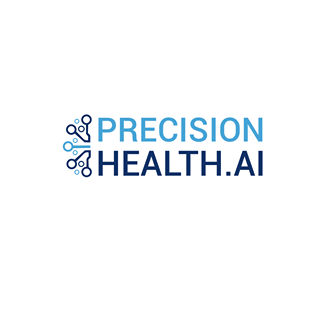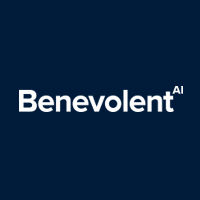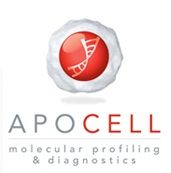BenevolentAI, founded in 2013, is an advanced technology company focused on accelerating the journey from data to medicines. It is the world’s only technology company with end-to-end capability from early discovery to late stage clinical development. The company is HQ’d in London with a research facility in Cambridge (UK) and further offices in New York and Belgium. BenevolentAI has active R&D drug programmes from discovery to PhaseIIb in disease areas such as ALS, Parkinson’s, Glioblastoma and Sarcopenia The company seeks to improve patient’s lives by applying technology designed to lower drug development costs, decrease failure rates and increasing the speed at which medicines are generated. BenevolentAI’s approach to this is to integrate technology across the entire medicinal R&D process (rather than fragments of it) and by doing so solve fundamental innovation roadblocks such as the ability to ingest large data sets, meaningful reasoning on those data sets, validation of ideas from those data sets and the rapid experimentation of those ideas. In order to do this Benevolent AI has created a very large rich bioscience specific knowledge graph which unifies unstructured and structured data. This is then used by the ‘Benevolent Platform’ - a totally unique end-to-end computational and experimental platform. The Benevolent Platform ingests data, reads, understands and contextualises data to determine the cause of a disease, proposes a drug target, makes a molecule to treat that disease and then defines the right patients to test that molecule in to drive greater clinical success. This approach enables the company to make infinitely more deductions and inferences across disparate, complex data sources, identifying and creating relationships, trends and patterns, that would be impossible for a human being to make alone. However, the Benevolent Platform does not not replace the need for scientists but instead augments them – providing access to the full breadth of knowledge and the connections within it, in order to close the gap between data and drugs, evolve ideas and drive superior repeatable science to run disease programmes at scale in a faster more successful way.













